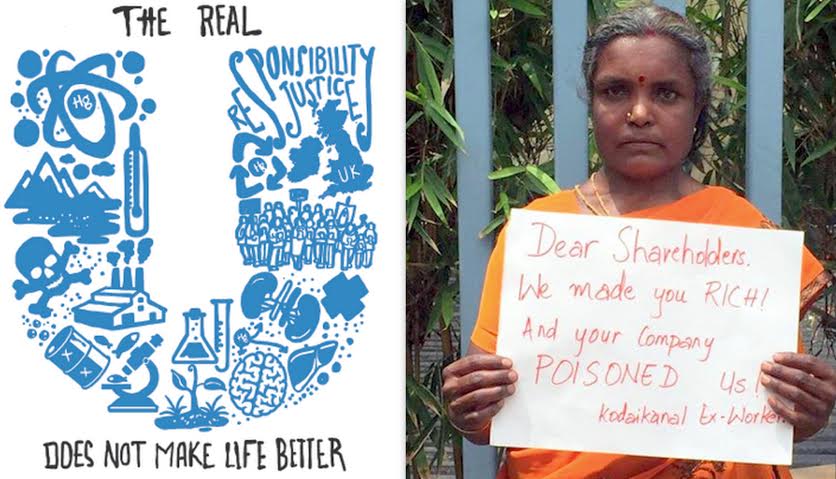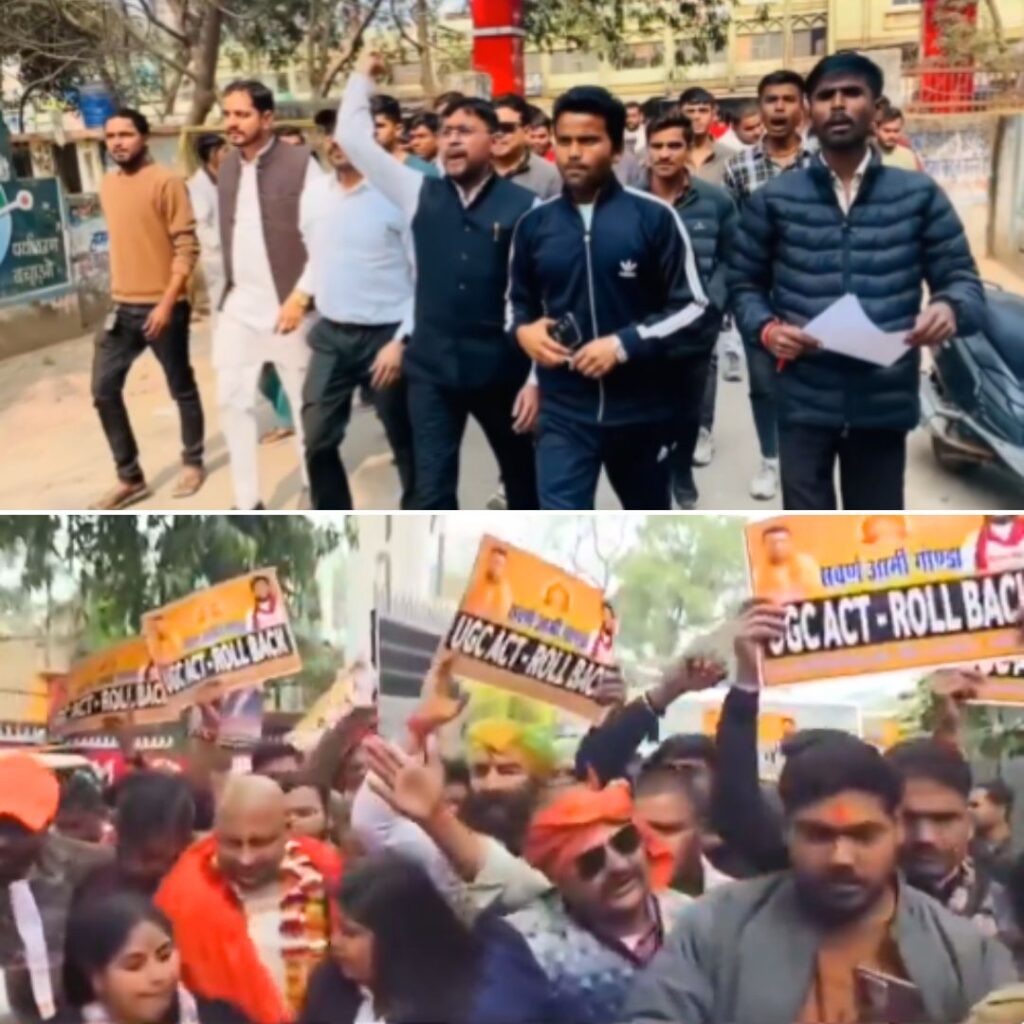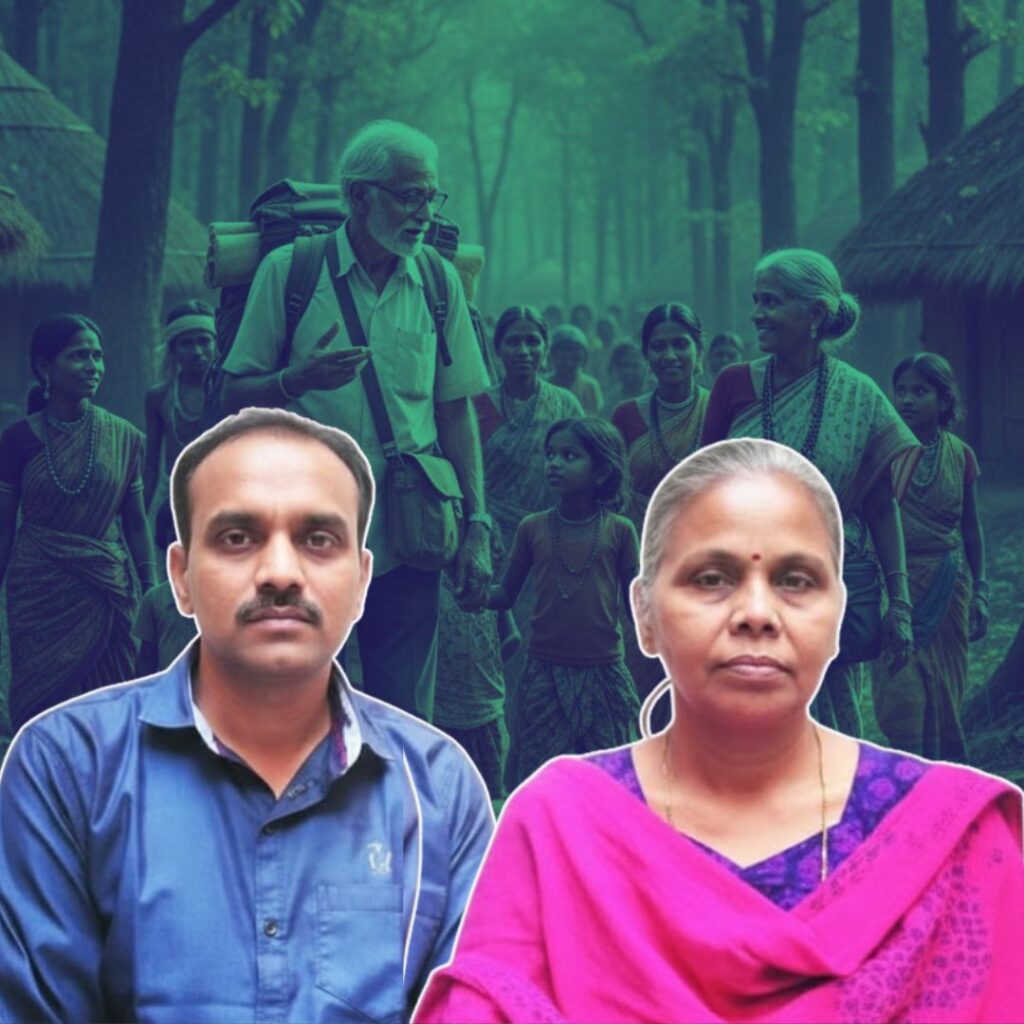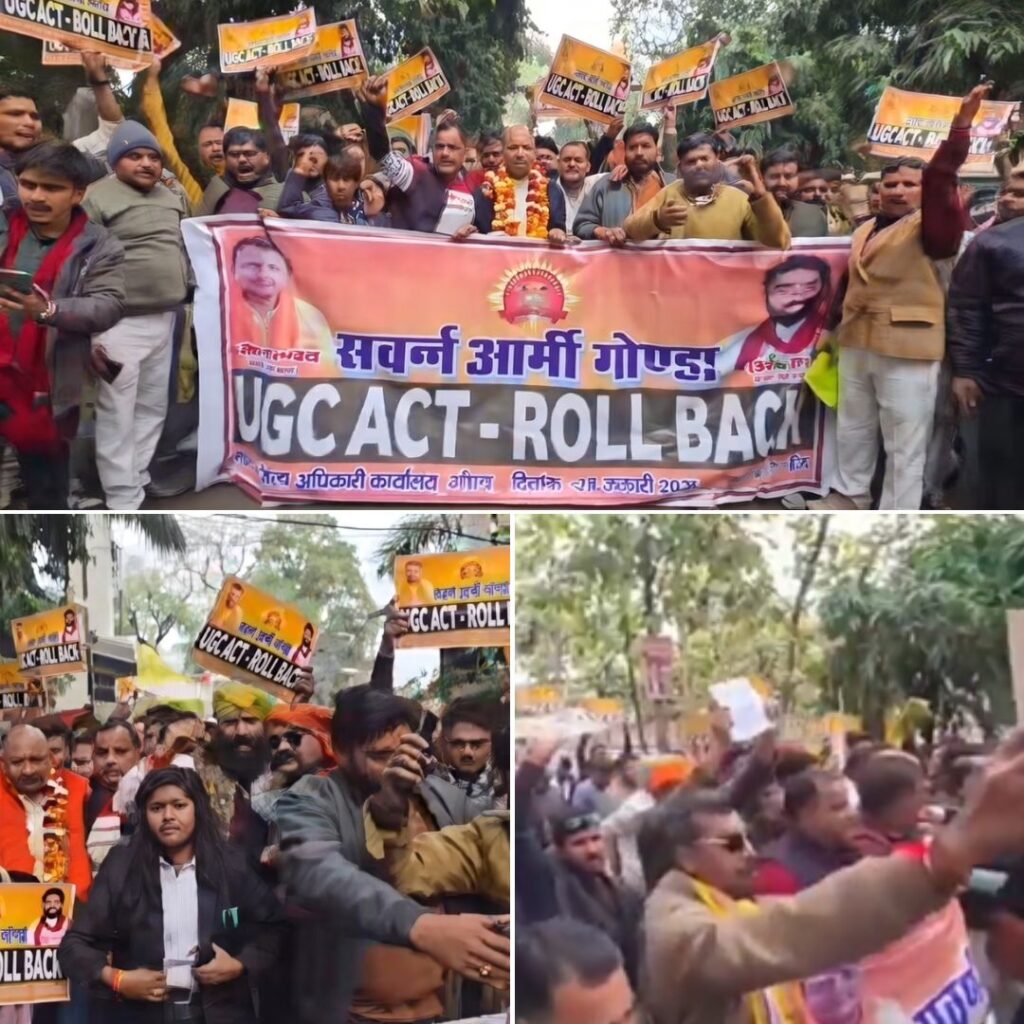For Summary of the report, simply visit here and sign the petition.
Why is Consumer Goods MNC Unilever Scared of Malarkodi?
When I first heard her story from a friend, my immediate response was one of pity. It was then that I saw her photograph taken at a protest outside the plush headquarters of Hindustan Unilever Ltd in Mumbai. Malarkodi was part of a delegation of former Unilever workers that were protesting at the company’s Annual General Meeting on June 29, 2015.
She was wearing an orange saree and holding a simple placard that said:
“Dear Shareholders. We made you RICH! And your company POISONED US! [Signed] Kodaikanal ex-workers”
Lips pursed, her face looked grim as she stared straight into the camera. She looked resolute and dignified, not pitiful. But she had been hurt badly by Unilever.
Malarkodi was just 18, when Pond’s India Ltd (now Hindustan Unilever) imported a mercury thermometer factory from the United States into Kodaikanal, a beautiful and densely wooded hill station in Tamil Nadu. The thermometer factory had been closed in the United States as part of that country’s efforts to eliminate sources of mercury pollution. She was hired as construction worker when the factory was being built. Later, she was offered a job there as cleaner.
“The factory shop floor would be littered with silver drops [of mercury]. My job was to clean it all up. I was given a coconut broom and a mop. Everytime I pushed a drop, it would break into pieces,” she recalls.
At that time, she did not know that mercury was a brain-damaging, birth defects-causing nerve poison; that it is so poisonous that it should not be handled or inhaled, even touched. Mercury targets the Central Nervous System – the brain – and the kidneys and is particularly harmful to developing fetuses and children. On land or in waterbodies, it transforms into a lethal form called methyl mercury. Methyl mercury can enter the food chain and magnify several million times to deadly levels in predatory fish. According to the US Environmental Protection Agency, one gram of mercury discharged annually into a 20 acre waterbody is sufficient to render the lake fish unfit for consumption.
But Malarkodi was told none of this. She was not given even a pair of gloves or mask as she scooped up mercury from the factory floor. “They gave me a uniform – a blue saree. That’s all.”
In March 2001, this factory was shut down for environmental violations. It had dumped mercury wastes in a local scrapyard and discharged more than a ton of mercury into the nearby forests. Only then did Malarkodi realise that she had been playing with poison.
In 1995, Malarkodi gave birth to her first daughter. “She lasted half an hour. She was fully blue when she was born. We lost her,” Malarkodi told me quite matter-of-factly. Malarkodi and her husband too have severe health issues. Her voice had a peculiar squeaky rasp to it. Her voice had changed totally only recently. Exposure to mercury is known to cause vocal chord paralysis leading to voice change. (Seehttp://ent.about.com/od/
“I have no sensation on my entire right side – head, legs, hands,” she said. “Private hospitals are beyond my reach. When I’m unwell, I go to a government hospital.” Her husband has nervous tremors and heart problems. Keeping the family going is not easy. “I make a living washing vessels at a local hotel. If I’m well, I go to work.”
Thankfully, Malarkodi’s children appear to be healthy. She has managed to put her children through school with no help from anybody. “My daughter Thamaraichelvi is now doing her 2nd year Botany. My son is studying in 12th standard – science group,” she said with some pride. But other mothers were not as lucky. At least 18 children have died, and dozens more are severely ill.
At the Mumbai shareholder meeting, Unilever staff prevented Malarkodi from speaking to shareholders. Even the pamphlets handed to some shareholders was snatched away. The Anglo-dutch MNC did not want people to know Malarkodi’s story.
Why is the $55 billion consumer goods multinational scared?
Unilever is not just any MNC. Its branded products interface with people everyday — Kissan ketchup, Modern Bread, Hamam, Lifebuoy, Dove soap, Axe Deodorant, Pepsodent and Closeup toothpastes, Lipton and 3 Roses Tea, Fair & Lovely, Pond’s, Lakme, Kwality Wall’s, Rin. . .the list is long.
It spends more than $8 billion (Rs. 51,000 crores) in marketing itself as a responsible, caring, environmentally conscious corporation. Its website says all the right things – respect for law, consideration for its employees, community involvement and care for the environment.
Malarkodi’s story exposes this carefully cultivated image as a lie.
In 2011, a Government of India committee found that 66 out of 102 people it examined showed signs of mercury poisoning. Till date, 45 workers have died prematurely. Hundreds more are ailing. A case filed by the workers has languished in the Madras High Court since 2006. In the interim, more than 25 workers lost their lives.
Unilever’s insensitivity towards its workers is matched only by its abdication of environmental responsibility.
At least 366 kgs of mercury lies mixed with soil and vegetation in and around the factory. This is particularly problematic because the factory site drains into the Pambar Shola watershed. The Pambar River which drains the shola empties into River Vaigai. Sholas are biodiverse patches of tropical montane forests interspersed with high-altitude grasslands.
A June 2015 study reported high levels of mercury in vegetation and sediment collected from the vicinity of Unilever’s factory. The study confirms that the factory is leaking poisons into its surroundings.
Unilever says it will clean up till there is no more than 25 mg of mercury in each kilogram of soil – or a standard of 25 mg/kg. But that standard is 25 times weaker than what would be permitted in Unilever’s home country, the United Kingdom.
Unilever CEO Paul Polman constantly exhorts other CEOs to act responsibly. But Unilever’s Kodaikanal legacy demonstrate that talks aside, Polman walks an unsavoury line that is no different from any other corporate wrongdoer.
Paul Polman, Unilever’s CEO, prides himself in heading a company that he says is accountable to its workers, and to the environment.
Let’s ask him to put his words into practice by asking him to clean up his company’s toxic mess and to compensate the workers who have lost their health and in some cases, their children, to Unilever’s unethical practices. Sign the petition.
Share it with hashtag #UnileverPollutes.












